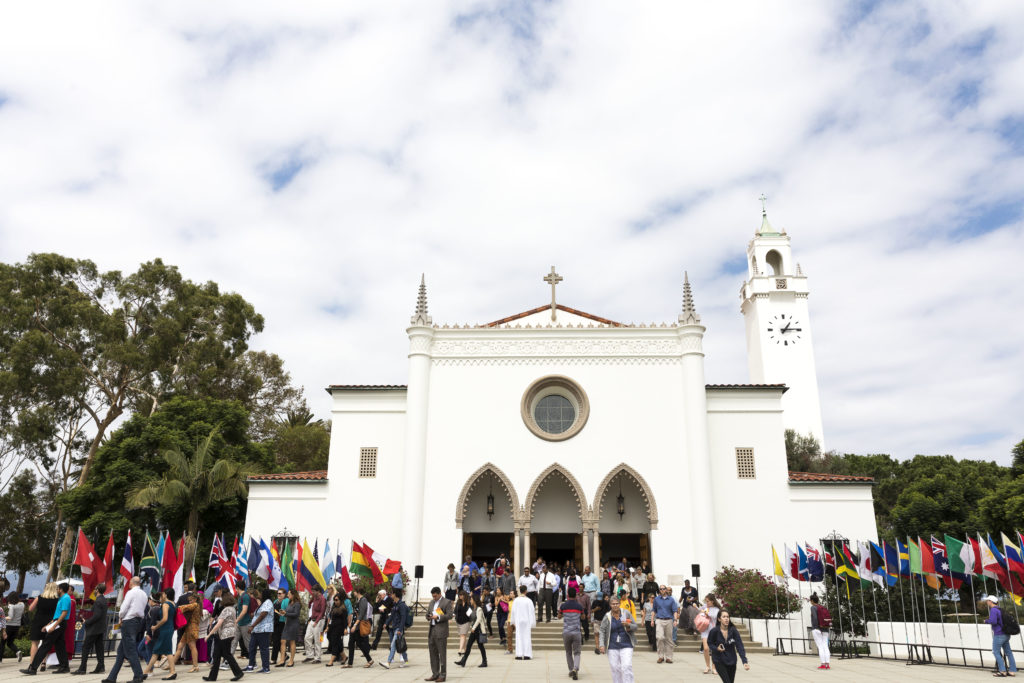
John F. Kennedy was murdered while riding in a convertible on one of the sunniest, most gorgeous days that the weather in Dallas could produce. The news raced across America as fast as was possible then. I remember a teacher, already crying, rushing into my third-grade classroom, perhaps at 2 or 2:30 Eastern time, to tell my teacher, her friend. The president of the United States of America — dead. Killed. Most everybody older than 5 at the time remembers that dark day. Deep grief was widespread, like a contagious disease.
Contagion is a fact of life today — inevitable like the rising of the sun — in the COVID-19 crisis. In 1963, we shared reactions of shock and grief. In the spring of 2020, that’s merely where this experience starts. Worry, fear, panic, depression and avoidance — they comprise a new five stages: the Stages of Pandemic Adaptation. But rather than proceeding consecutively, they come, go and return unpredictably. Then, in addition to emotions, there are the conditions we live with together: hospitalization, unemployment, loss. They’re not reactions to something that happened to someone else. They are our conditions. I’ve rarely been more moved than by reading the tweets of Jiayang Fan, a Chinese American writer whose mother suffered in a locked-down hospital. The daughter could not visit her mother, while her mother’s care-giver gave all and still could not give enough. Fan’s was a deeper level of emotional isolation: There’s little consolation in knowing that others are confronting the same.
That’s a dark picture. And I’ve become frustrated by the ever-present refrain “We’ll get through this.” That maxim is an appeal to our perseverance. I understand that; we’ll need perseverance. But not everyone will get through this. Some already have not gotten through this. Too many.
In our Off Press podcast series focused on the COVID-19 crisis, I always, as a matter of principle, ask an episode’s guest, “Where do you find hope?” Chilembwe Mason ’98, an emergency ward doctor in the South Bronx, one of the hardest hit neighborhoods of New York City, hesitated before answering my question. His pause was excruciating, and heart-breaking. At that moment, I thought that his hope was no more than a momentary ray of sunshine that he imagined on a thoroughly cloudy day.
Whenever I ask that question, I’ve wondered how I’d answer it. Ironically perhaps, I find my hope in what I desperately miss — something I don’t have. During the past year, I’ve become a Eucharistic minister at the Sunday morning Mass that takes place in LMU’s Sacred Heart Chapel. My responsibility is to offer the cup, rather than the Host. I treasure that moment. When I hand the cup to a congregant, our eyes meet, without pretension. Status, class, income, race, profession — society’s definers dissipate like fine mist. In that brief moment, I see a person’s truest self, and I try to be my truest self in return. The cup leaves my hand as I release it, and the person takes it and drinks. Then, the congregant hands the cup to me. I always find that exchange breathtaking: a gift offered (and it’s not my gift), a gift accepted, a gift returned.
I long for the return of that moment, brief and fleeting as it is. The memory of passing the cup is a slim thread of hope, but that practice has survived for centuries. To me, the exchange encompasses loss and celebration, joy and determination, tragedy and triumph. Such memories seem like filaments, but hope endures because of them.
